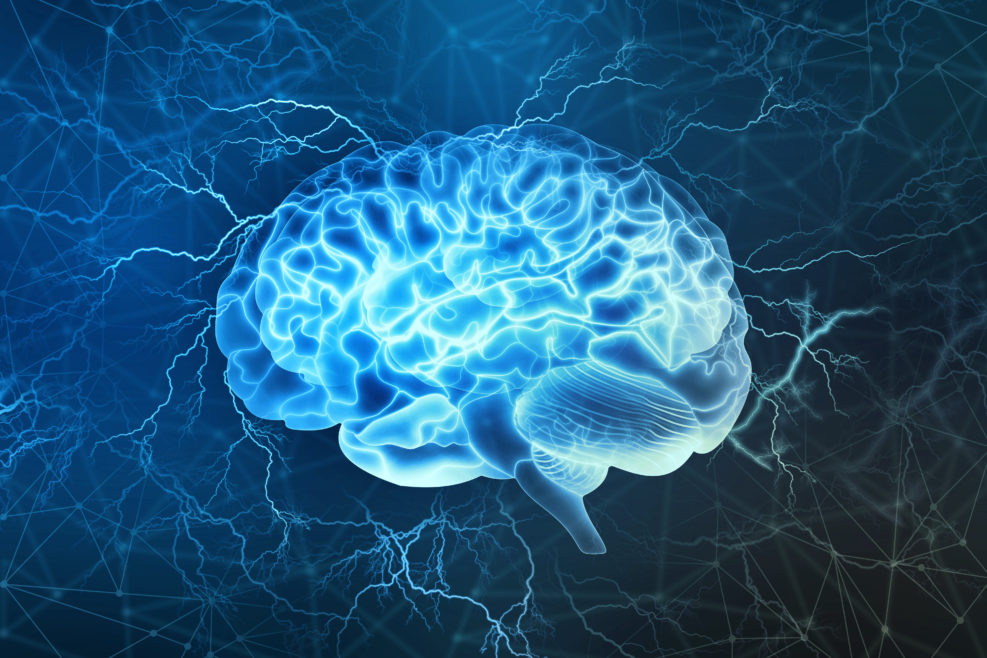
7. Dillahunty Asks 2nd Oldest Question: If God Exists, Why Evil?
In the debate between Christian neurosurgeon Michael Egnor and atheist broadcaster Matt Dillahunty, the question of raping a baby was bound to arise.In the “Does God exist?” debate between theist neurosurgeon Michael Egnor and atheist broadcaster Matt Dillahunty (September 17, 2021), we have at last got round to the Problem of Evil. Readers may recall that the debate opened with Egnor explaining why, as former atheist, he became a theist. Then Dillahunty explained why, as a former theist, he became an atheist. Michael Egnor then made his opening argument, offering ten proofs for the existence of God. Matt Dillahunty responded in his own opening argument that the propositions were all unfalsifiable. When, in Section 4, it was Egnor’s turn to rebut Dillahunty, Dillahunty was not easily able to recall Aquinas’s First Way (the first logical argument for the existence of God). Then, Read More ›















